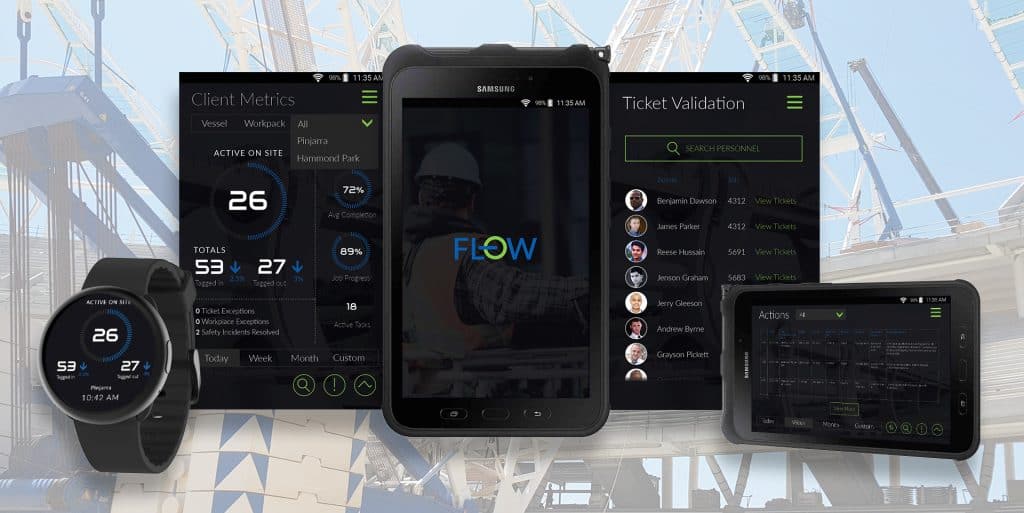What is UX Design and why is it so important?
When planning your interface for optimal User Experience (UX) one must concentrate on the experience as a whole, rather than just the aesthetics of a site. UX design must encompasses the development and design as of an application or website while maintaining a workflow for the end user. Think of UX as the skeleton to a body and not everybody can simply build a skeleton, or website. There is a tremendous amount of research and planning that goes into to web design Perth and developing a professional website.
Having a clear understanding what people want to get out of your site is a good place to start. But remember too much information and choices can overwhelm users and the majority will skim a page as opposed to reading each and every word. The term “User Experience” is all over the internet and there are no doubt thousands upon thousands of articles written about it covering areas such as design, information architecture, usability, advertising and user-friendliness just to name a few.
“User Experience” embodies all the features of an end-user’s interaction with the website and its products and services.
What is UX Design? | The Importance of UX Design
Understanding of your audience will provide the fundamental foundations for creating a high-end user experience. Be considerate of the user’s values, what they need to get out of it, their abilities as well as their limitations. Take into account their business goals and intentions and try to align these with the users’ objectives.
Here’s an example of how we’ve applied this concept when designing a new app experience for a client:

User experience can be broken down into four main parts;
1. Adaptability – Even though mobile apps are the leading platform on mobile devices, around 95% of the installed apps are pretty much instantly abandoned by the user. So stay ahead of the game by ensuring that your website or app is easy to access and adaptable so it can be easily accessed by new and returning customers alike.
2. Usability – Usability put simply, is ensuring that a customer or user can access and navigate your website or app without feeling irritated or upset about their experience.
3. Desirability – It isn’t enough just to create an app or site that has a fabulous design or looks visually appealing, if it doesn’t have the experience to back it up then it’s at great risk of falling into that dreaded 95% stat. Your creation must also cater for the needs of your user. Visually pleasing designs are no good if they are not appealing to your target audience but also products don’t always have to be visually appealing to be the next big thing
4. Value – Does the website actually provide value to the user? It might be rich in content, but does it actually satisfy the users needs? If the answer is no, then why would anyone use it? No matter how well designed a site is it if it does not fulfil the needs of the user then the site is meaningless.
It’s clear to tell when a website or app has been created with user experience and goals in mind.
The user experience is the main focus and visitors are able to accomplish their desired outcomes quickly and without fuss, thus ensuring that they will not only return to the site but also recommend it to family and friends. In turn creating an awareness of the business as well as building trust and loyalty to the brand.




